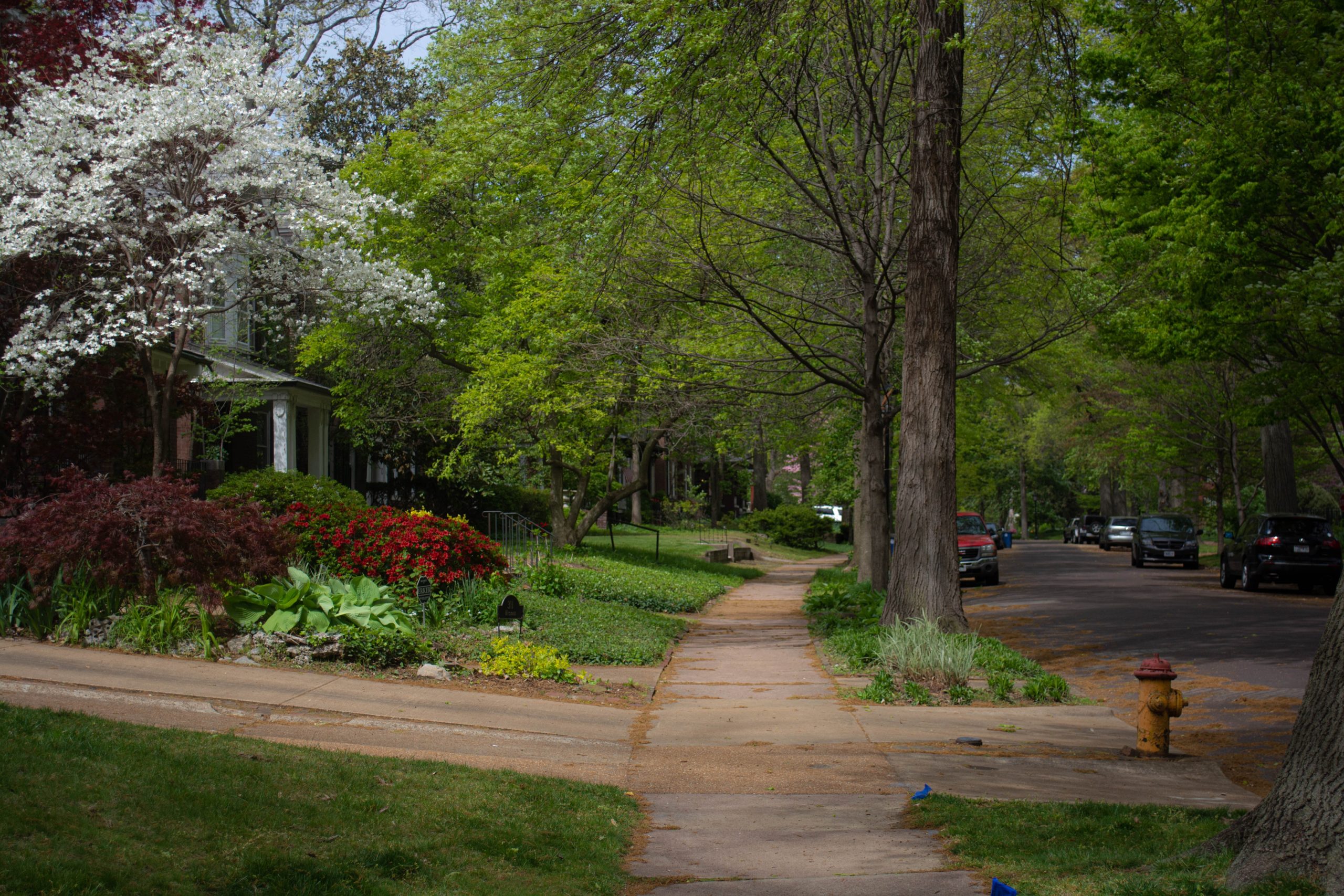
[All my blogs are written without the assistance of AI. I have nothing against it, I just wanted y’all to know my own brain and my own synapses created these posts. This has been my PSA :D]
This ain’t gonna be sexy.
Writing an offer on the home you’ve picked as ‘The One’ is terribly exciting.
It’s emotional.
It’s daunting.
It’s scary and exhilarating.
But it ain’t sexy.
There’s mundane things to decide on, and some potential back and forth over repairs and concessions and move-in date and so on and so forth. Like I’ve said before, I can’t cover every contingency we may encounter, but I can give you a brief overview so that you know and are prepared when the time comes to make an offer on that home you fell in love with.
1.) Set Offer Price
Depending on varying conditions, we put in a low, full, or overprice offer. A couple of years ago I know you heard all the stories about how homes were selling for 20, 50, 100 GRAND over asking.
For one thing, those 100 grand offering people… please adopt me 😀
For everyone else, that was the most intense sellers market we’ve ever witnessed. I’ve heard it referred to as the ‘unicorn market’, because it’s doubtful we’ll ever experience that trifecta of circumstances again. Now, while it’s still a sellers market, we’re in a STABLE sellers market. It’s normalized. We have things like seller concessions, which would have gotten you laughed out of the running two years ago, are now being negotiated and accepted.
There’s a few considerations most people know when it comes to a real estate negotiation, and that’s things like how many days on market and the location. Other things to consider is the roof age (are you going to have to replace it soon?), the age of the HVAC (same question), are there any repairs or additions that you’d have to complete before the property is up to a certain standard (there was a buyer who worked for the school system and they needed a certain wifi system that the current owner didn’t have the infrastructure to support. It was an addition they needed, and the negotiation was for a certain amount off the asking price since they’d have to add it after closing)? Does the seller need to stay in the home a certain amount of time after close? Does the buyer need to move in early? Does the antique china cabinet stay? Does the septic need to be pumped? All of these are questions that will be specific to the home, and are what the offer price hinges on. I’ll walk you through all this and keep you informed, so you know just what kind of an offer to make, and what to negotiate for.
2.) Seller Concessions
Are we asking for Seller Concessions? Each loan type has a certain percentage you may ask for (FHA & USDA is 6%, VA is 4%, and Conventional depends on the down payment amount).Let’s say you have an FHA loan. You put 3.5% down on a $418,000 home (the average home price in the Metro Atlanta area), the max seller concession would be 6%. That would total out to $25,080 to cover closing costs, possible repairs, rate buy-downs, attorney’s fees, appraisal fees, inspection fees, loan origination fees, property taxes, recording fees, and title insurance.
3.) Closing Attorney
Yes, we negotiate the closing attorney. I always start the offer with the closing attorney being Raymer Law Group (more info here). They’re our closing partners here at Better Homes, and they treat every closing with white glove service. Unless my buyer already has a closing attorney they love and always want to do business with, I start with Raymer. They’ve been in the business for 30 years, and they will come to any of our 26 office locations in Metro Atlanta. Are you in Villa Rica? They’ve got you covered. Sandy Springs? They’ll be there with snacks and fancy water (did I fail to mention they bring snacks?? They bring snacks). The closing attorney can either add or eliminate a ton of stress. Once upon a time I worked with a closing attorney, and the pre-closer they assigned to my case went on medical leave the day after they got my contract… and didn’t assign it to anyone else. There was our poor little file, languishing in an inbox somewhere while our calls and emails went ignored because no one was on our case. Needless to say that was NOT Raymer, and I have an ulcer.
4.) Earnest Money
How much earnest money do you wish to use? Earnest money is simply money that shows how “earnest” you are (wow) (who says real estate people have no imagination??). A good rule of thumb is around 1% of the purchase price, but it can be anything you’d like. Just know if you only offer $100, your offer isn’t looked at as seriously. Also, it goes toward the purchase price, so you’re not losing it (as long as you cancel the contract within Due Diligence).
5.) Due Diligence
A good rule of thumb is 5-7 days. This is where the inspections, appraisal, and the ‘sleeping on it’ portion come into play. During Due Diligence, you may cancel the contract for any reason or no reason at all. Don’t like the way the sun glints off the window panes? Don’t like it as much today as you did yesterday? You decided your prized sword fish collection won’t look so good in that space after all? The termination agreement is on its way.
6.) Financing or No Financing Contingencies
Depending on how you plan to purchase your new home depends on the contingencies we use. If you’re using all cash (please adopt me too 😀), we’ll use the No Financing Contingency. We have to state how many days until the seller may receive your Proof of Funds and whether or not you’re waiving appraisal (and if not, who’s ordering it, buyer or seller).
If you ARE using a financing contingency, this is where we spell out the specifics of your loan so the seller knows how they’re getting paid.
Once our offer is submitted, negotiated, signed, and God willing ACCEPTED… Now it’s time for inspections and appraisals.


 Facebook
Facebook
 X
X
 Pinterest
Pinterest
 Copy Link
Copy Link

